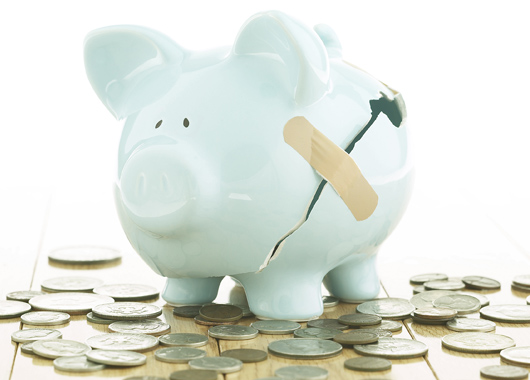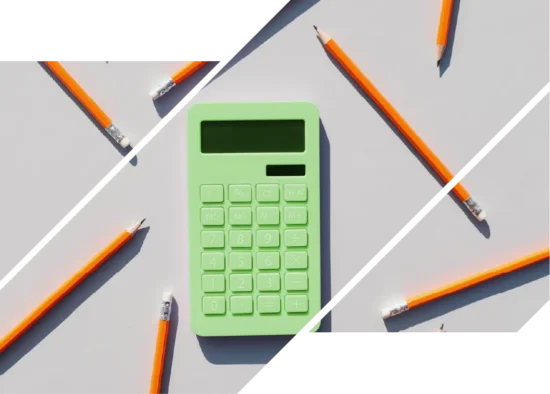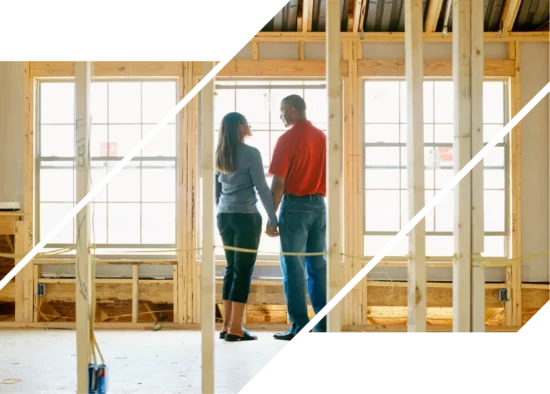Financial emergencies—from a layoff to a root canal are a fact of life. Having an emergency fund in place is an essential part of being financially healthy. It is something you can fall back on in times of trouble so you don’t have to panic or depend on a credit card. Building your emergency fund can be a daunting task when you are on a tight budget, but it doesn’t have to be. Here are some ways you can build your emergency fund even while struggling.
Save Your Tax Refund
The average refund in 2015 was $2,701. A refund of this size can definitely kick your emergency fund off to a great start. Open an interest bearing account to deposit this into and watch your money grow!
Shop Smarter
Get in the habit of always shopping around for the best price. Take the time to comparison shop for essentials and look for coupons and sales online or in your local newspaper. Buy the lowest-priced items and take the difference of the amount you paid and the amount you would normally spend and put that money into a savings account.
Save Your Change
You would be surprised how much you can save by simply setting aside all your change. Spending change is less tempting than cash and you can make a trip to your financial institution once a month and deposit this money into a savings account.
Get Rid of Unnecessary Bills
Do you subscribe to Amazon Prime but rarely use it? Cut it! Are you paying for premium cable channels that you never watch? Get rid of them!
Make It Automatic
After you’ve found ways to save money, don’t just leave your extra cash sitting around temping you to spend it. Every pay period, have your employer deduct a certain amount from your paycheck and transfer it to a savings account or have your financial institution transfer a fixed amount from your checking account to a savings or investment account. You can stop by any ICCU branch and one of our team members would be happy to help set this up.
An emergency fund can mean the difference between financial failure and financial success. Carefully examine your expenses to determine what your emergency fund goal should be and how much you can potentially save. Once you have your emergency fund in place, make sure to only use it for true emergencies and aim to quickly build it back up should you need to pull from it. If you need any help finding ways you can save for your emergency fund or a plan of action, remember ICCU is always willing to help!



